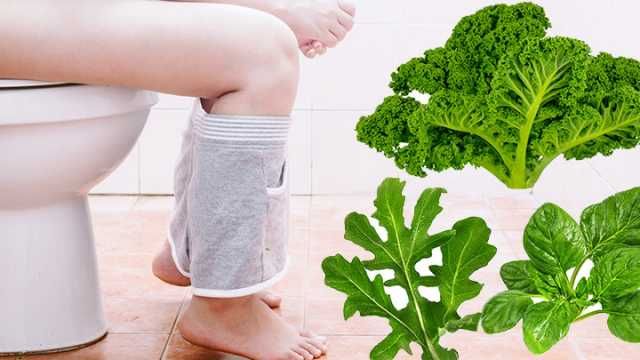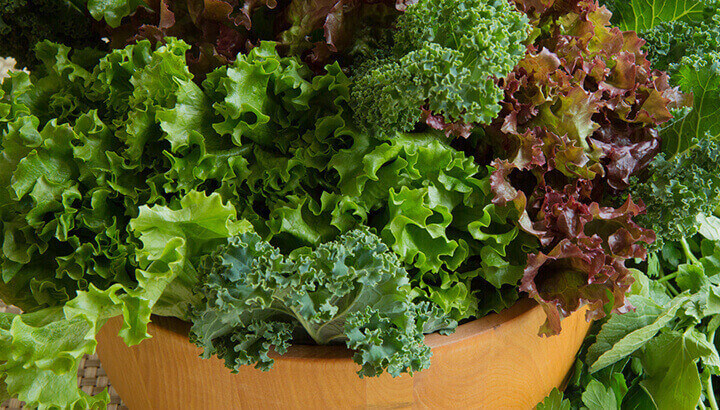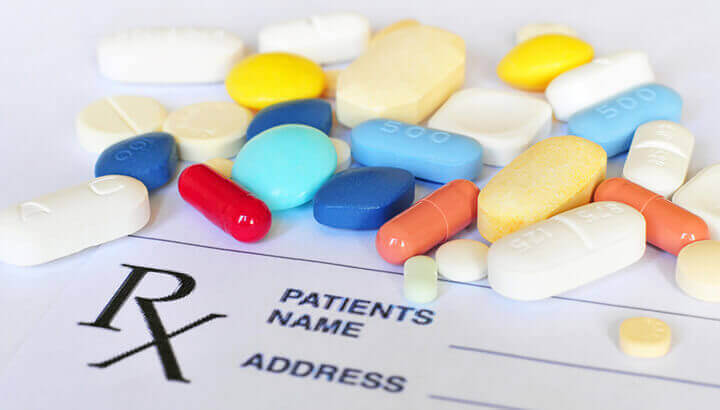
Bathroom habits and bowel movements are not exactly topics that many people want to talk about. For some, these normal, everyday parts of life are so embarrassing to discuss that they don’t even feel comfortable mentioning the details to their doctors. However, that doesn’t mean that we don’t often have questions… especially when things in the toilet look out of the ordinary.
One such bathroom conundrum occurs when our poop isn’t the rich brown color most of us are accustomed to. Sometimes, poop can be all sorts of shades, hues and consistencies. One thing that many people find particularly alarming is when their poop comes out green. Yikes! But what to do… if anything?
If this is you, take a deep breath and relax. Having green poop may not mean anything is wrong with your health at all. However, depending on what else is going on with your digestion, it could be a reaction to something or an indication of certain illnesses. Read on to learn more than you probably ever wanted to know about green poop!
The good news

First, the good news. If you don’t have any other symptoms besides green poop, it may just mean that you’ve been eating a healthy amount of green vegetables. Dark, leafy greens, such as kale, spinach, Swiss chard, arugula and collard greens may tint your poop green when you eat them in large quantities. Other green vegetables, such as broccoli, can also contribute to green fecal matter, as can certain dark pigmented fruits such as blueberries. Chlorophyll powders and supplements may also have this effect.
If you’re eating a lot of green veggies (or a lot of blueberries) and your poop is a dark green color, you don’t need to do anything differently! An abundance of greens in your diet (and an abundance of blueberries, for that matter) is great for your health. So, pat yourself on the back, keep chowing down on the salads and sauteed greens, and don’t worry if you’re flushing some green down the toilet.
However, if your poop is green and a) you’re not eating a lot of green vegetables or blueberries or b) your tinted stool is accompanied by other digestive symptoms, read on. Your green poop may be an indicator that something is going on with your health.
Watch out for food dyes

Before you jump to the conclusion that something horrible has gone wrong with your digestive system, think a bit more about the foods you’ve been eating. If you’ve been eating a lot of processed foods or junk foods, food dyes may be to blame for the colors your poop is turning. It’s not only green dye, either. Other dyes, including black, blue, and purple, can also turn your poop verdant green.
Potentially green poop is not the only reason to stop eating processed foods and other foods that contain artificial colorings. Many of these colorings have been linked to some scary health effects, such as the risk of severe allergies, hyperactivity and even certain cancers. Plus, most processed foods themselves are pretty terrible for your health. Better stick to the real foods, for the sake of your digestion and your overall health.
Other things that may change poop color

If it’s not the greens, and not food dyes, check out this list of factors and conditions that may lead your poop to turn funny colors.
- Antibiotic use
- Certain medications, including some pain relievers and some contraceptives
- An excess of iron
- A bacterial infection
- The after effects of a surgery, such as an organ transplant
- Diarrhea
- Anal fissures
- Celiac disease
- Crohn’s disease
- Gallbladder conditions
- Pancreatic conditions
- Diverticular disease
Some of these factors have easy solutions. For example, if you’ve recently finished a course of antibiotics, give it some time and eat some probiotic foods. Then, your poop should go back to normal. If you have too much iron in your diet, cut down (unless there is a medical reason not to). Other factors, such as anal fissures or an infection, may not be so easy to remedy at home. You may wish to schedule an appointment with a health professional you trust.
When to seek medical attention
As a general rule, it’s a good idea to see a doctor if anything about your body (or mind) is feeling off, painful or just not right. Even if it turns out to be nothing, it’s always a good idea to be safe and make sure. You’ll have peace of mind knowing everything is okay, so if you’re worried, make the appointment.
Also, if your poop is green and you’ve had diarrhea for three days or more, see a doctor. If you have other digestive symptoms, including nausea, upset stomach or bloody stools, get yourself to a doctor as soon as you can. This also holds true if you’ve recently had a surgical procedure and you’re noticing any strange symptoms.
A recipe for healthy digestion
Here’s how to keep your bowels as healthy and happy as possible:
- Eat a plant-based diet of whole, nutritious foods. Try to eat a variety of fruits, vegetables, nuts, seeds and legumes, along with healthy sources of protein and fat. Skip the processed foods and junk foods, including soda — nothing makes a digestive system unhappy quite like these imposter foods.
- Eat probiotic foods regularly. These include natural yogurt, kefir, sauerkraut, kimchi and other fermented vegetables.
- Limit your intake of caffeine. Otherwise, this could cause unnecessary digestive distress.
- Test your relationship with dairy. Some people tolerate it just fine, others do not. If you suspect dairy may be the culprit, cut it out of your diet for two weeks to see if you feel better.
— Tanya Mead

